Five Tips for Raising a Confident, Capable Child
By Guest Blogger Gillian Goodman, Lower School Director at Greensboro Day School
Every parent hopes to see their child grow into a capable and confident young person. Fortunately, there are some simple things that you can do to help your child learn to become more independent and self-assured. Each of these tips takes some extra time and patience on your part, but they are well worth the investment!
- Look For Opportunities to Promote Independence
Young children take great pride in doing things for themselves, whether that means putting their shoes on or unbuckling their car seat. It’s often tempting to do these things for them—it’s far quicker and easier! These small tasks, however, are important opportunities for your child to develop confidence in their own abilities. They likely won’t be very good at them at first, but by letting them tackle these small tasks, you can help them build confidence, learn to manage frustration, and feel the satisfaction of overcoming challenges.
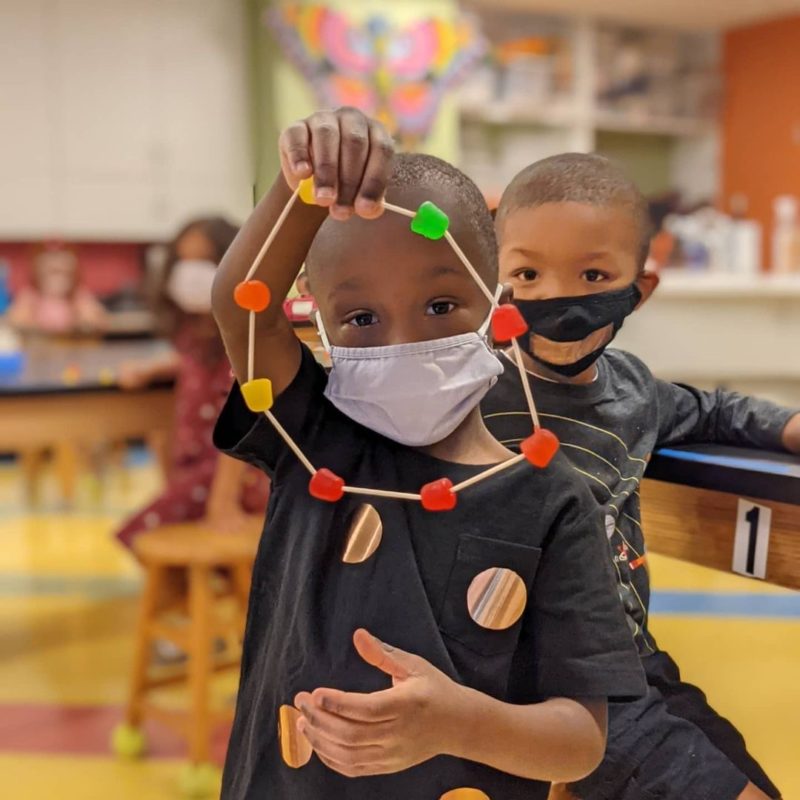
- Offer Them Choices (But Still Get Your Way)
Children often want to assert their independence by making choices about their daily lives. Some of these choices are negotiable (‘I want to wear the blue shirt today’) while others aren’t (‘I don’t want to wear sunscreen at the beach’). Try finding ways to offer your child choices without compromising on what’s most important. For example, ask your child, “Would you like to put on sunscreen now or when we get to the beach?” The sunscreen is non-negotiable, but by giving your child some choice you’re nurturing their independence and preparing them to make more consequential choices down the road.
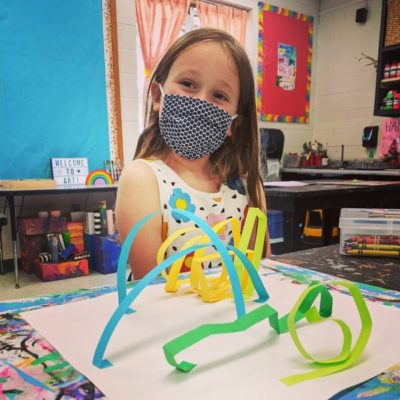
- Involve Them in Your Daily Activities
We’ve all had days where we just need some time to take care of household chores. At times like this, it’s tempting to set children up with a screen so that we can have some quiet time to get things done. Although children may not provide much in the way of actual “help,” there are many benefits to including them in your daily activities. Giving them small, concrete ways to participate is a great way to build confidence and help them learn new skills. In addition, you’re showing your child that you trust them enough to let them help.
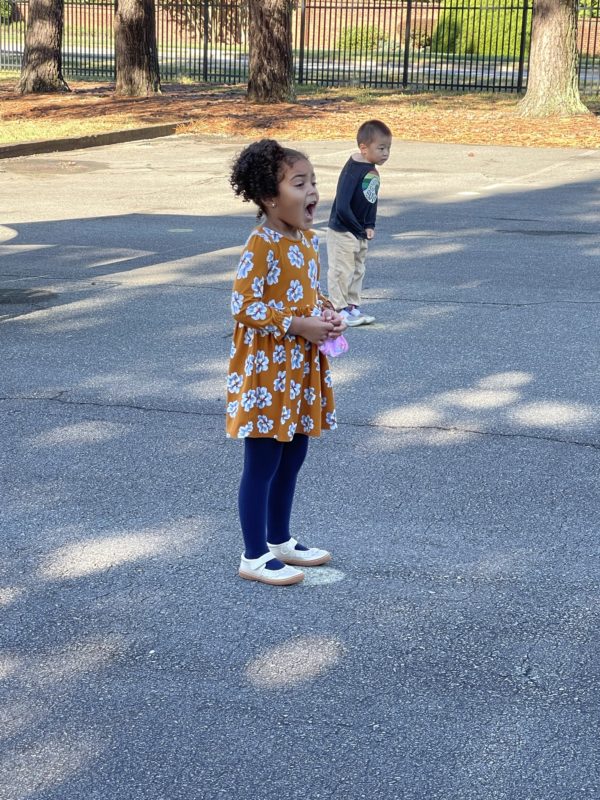
- Let Them Learn How to Handle Failure
As parents, our natural impulse is to remove any obstacles in the way of our children’s success. If children never have the chance to fail, however, they don’t develop skills for managing the challenges that life inevitably brings. Work to create an environment where your child feels safe trying new things, even if sometimes they don’t succeed at first. Help your child see that failure isn’t the end of the journey, but a chance to learn and grow. This is a great way to teach your child the “power of yet”—they may not be able to do some things yet, but they will develop the perseverance to help them get there.
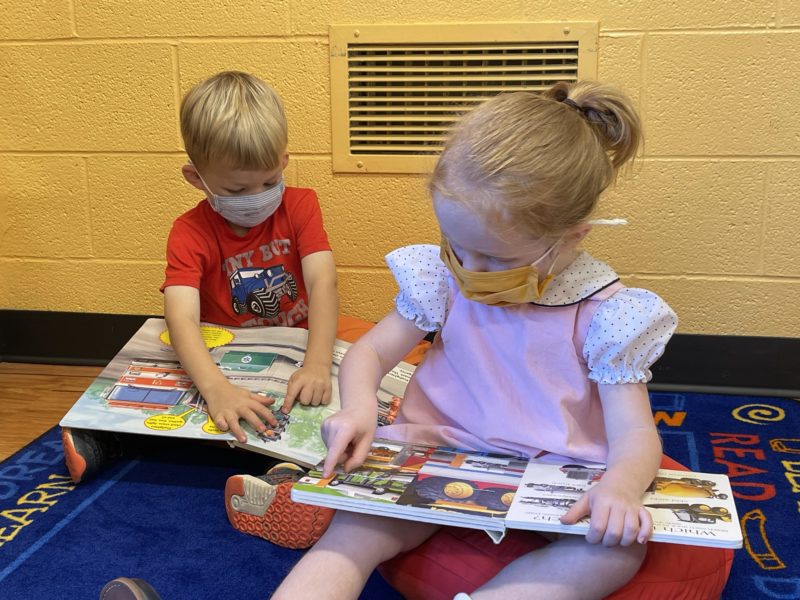
- Help Them Manage Anxiety and Feel in Control
The world is a stressful place right now, and there are many reasons adults may be feeling anxious. It’s important to remember that young children look to us for cues on how to respond to difficult or uncertain circumstances. It’s OK to talk to your child about how you manage stress—they need to learn that it’s normal to feel nervous or anxious, but that stressful feelings are manageable and that they are in control of their response. In addition, modeling your coping skills (taking a deep breath, asking for a small break, finding a distraction) will help your child to engage in healthy coping skills when they are feeling stress.
As an educator who works with young children every day at Greensboro Day School, I take great joy in seeing our students thrive under the care of a loving, nurturing community. The best environment for young children is one in which parents and teachers work together to help them learn to be capable, confident, and successful. You can learn more about the Early Childhood and Kindergarten program at GDS at our Virtual Sneak Peek on October 5. Click here to learn more or to register.
About the Author
As Lower School Director at Greensboro Day School, Gillian Goodman oversees the program for students from age 2 to grade 4. She also serves on the advisory board of Guilford Basics.

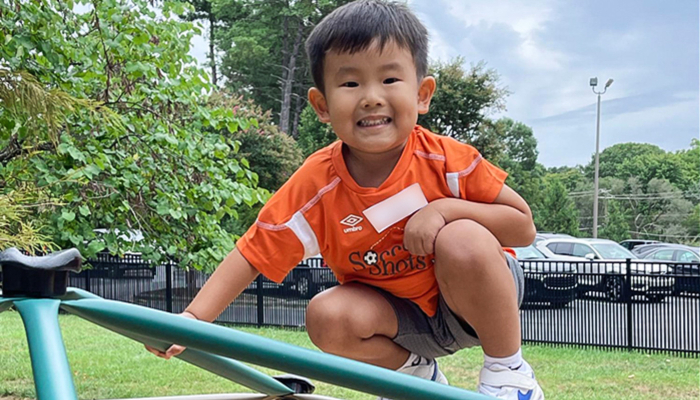
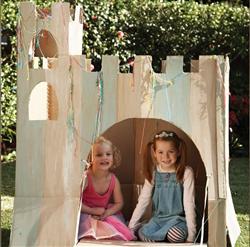





Great ideas! I’ve been trying to involve my two year old and four year old in household chores over the past year or so, and it’s helped so much! If they’re “bored,” they can always clean up or do some laundry. 🙂